These are a lot of little threads, connected to both sides of the political aisle.
A new report from ABC News is exploring the flow of big bucks from three Russia-connected sources during the 2016 election.
To be clear, it looks like both Democrats and Republicans benefitted from the contributions, but the contributions to the Republican National Committee and Donald Trump’s campaign have come under scrutiny from Robert Mueller’s team, since the central investigation is focused on Russia’s attempts to manipulate and potentially gain influence in our system of government.
A review of Trump campaign records conducted by the Center for Responsive Politics for ABC News found large contributions coming from two émigrés born in the former Soviet Union who now hold U.S. citizenship, and from a third American who heads the subsidiary of a large Russian private equity firm.
Those donations began flowing to the Republican National Committee, the group says, just as Trump was on the verge of securing the Republican nomination and culminated in two large gifts – totaling $1.25 million – from these individuals to the Trump inaugural fund following his victory.
This bit of knowledge is being looked back on, in light of notes taken by Paul Manafort.
Government officials familiar with the House and Senate investigations into Russian election interference told ABC News that near the conclusion of the June 2016 Trump Tower meeting involving Trump’s son Don Jr., son-in-law Jared Kushner, then-campaign chairman Paul Manafort, and Russian emissaries interested in curtailing U.S. sanctions, Manafort made a cryptic and cursory notation on his phone. It said, “Active sponsors of RNC,” a phrase that some investigators have viewed as a reference to campaign donations, the sources said.
So was this what he was referring to?
Manafort’s spokesman, Jason Maloni, is writing it off as mere speculation.
So who are the three Russia-connected donors?
They are Leonard Blavatnik, Simon Kukes, and Andrew Intrater.
Blavatnik is a big time heavy industry, oil and gas man, who capitalized after the fall of the Soviet Union. Under Putin, he was able to expand his holdings in oil and purchased several Western brands.
He bought Warner Music Group for $3.3 billion in 2011.
How does he play into the current investigation?
Leonard Blavatnik, a Ukrainian-born billionaire who holds American and British citizenship, has contributed $383,000 to the Republican National Committee since late April 2016 and added another $1 million to Trump’s inauguration fund. Those figures include more than $12,000 that was later directed into President Trump’s legal defense fund, as first reported by the Wall Street Journal. He did not give directly to the Trump campaign.
Blavatnik also gives to a lot of charitable causes and would rather be seen as an American philanthropist than a wealthy, Russian mole.
He’s not just contributing to Trump.
He also has a long history of political giving to PACs supporting candidates of both parties. He gave $1.5 million for Sen. Marco Rubio during the early 2016 primary campaign, as well as $1 million for Wisconsin Gov. Scott Walker and $800,000 for South Carolina Sen. Lindsey Graham. In 2011, he gave for both President Barack Obama and his GOP challenger, former Massachusetts governor Mitt Romney.
When asked if Blavatnik had been contacted by federal investigators about his contributions during and after the 2016 campaign, a spokesperson told ABC News the billionaire would not comment. In an earlier statement made to British media, Blavatnik noted that neither his contributions, nor those of his company Access Industries, were made directly to Trump.
Well, that’s good to know.
It doesn’t get him out of the line of scrutiny, but it’s good to know.
So what about the others?
Additional contributions from Russian-connected donors came from Russian-born oil executive Simon Kukes and New York businessman Andrew Intrater, who oversees the U.S. arm of the Russian conglomerate Renova Group. Neither Kukes nor Intrater had an appreciable record of political contributions until last year, according to the Center for Responsive Politics.
After Trump secured the nomination, Kukes gave $280,000 to an assortment of Trump-controlled funds over the next several months. Intrater contributed $35,000 to the Trump Victory committee, plus $250,000 to Trump’s inauguration fund.
Right now, these are just random donors to the cause. If anything ties them together, however (besides the whole Russia thing), it’s Viktor Vekselberg.
Vekselberg is one of the richest men in Russia and is in regular contact with Russian President Vladimir Putin, as part of a business group, Russian Union of Industrialists and Entrepreneurs. He also owns Renova.
Interesting side note about the Renova Group: They contributed between $50,000 to $100,000 to the Clinton Foundation.
Oops.
Experts suggest that none of these contributions should be taken lightly.
Louise Shelley, director of the Terrorism, Transnational Crime and Corruption Center at George Mason University, said she does not believe large contributions from Blavatnik or from donors associated with Vekselberg would occur without the implicit approval of the Kremlin.
“If you have investments in Russia then you cannot be sure that they are secure if you go against the Kremlin’s will,” Shelley said. “You can’t be an enormously rich person in Russia, or even hold large holdings in Russia without being in Putin’s clutches.”
Both Blavatnik and Vekselberg had crossed paths with officials in Trump’s inner circle prior to the real estate mogul’s run for president.
Trump’s Commerce Secretary Wilbur Ross, for example, met some resistance, due to his role with the Bank of Cyprus. After he took controlling interest, a company controlled by Vekselberg became the largest shareholder of the bank.
Vekselberg also oversaw fundraising for the Moscow Jewish Museum, including hosting a 2014 gala in Russia attended by Trump’s daughter Ivanka and her husband, Jared Kushner. Blavatnik also attended the event.
Coincidence? Maybe.
Then there is Oleg Deripaska, a former client of Paul Manafort’s. Deripaska is the majority owner of the world’s second largest aluminum company, RUSAL. Vekselberg and Blavatnik hold interest in the company. Blavatnik even sat on the board of the company, at least until shortly after Trump’s election.
Ilya Zaslavskiy, an Oxford-trained scholar and frequent critic of the oligarchs, told ABC News there is good reason for concerns about the role Vekselberg and Blavatnik may have played in the 2016 elections, given what he says was “a continuous relationship of these oligarchs with Kremlin and security services.”
Special counsel Mueller “should absolutely look into this because these people have a track record of very close relationships with the Kremlin,” Zasklavskiy said. “There is now overwhelming evidence that Putin has run a multilayered, sophisticated campaign against American institutes.”
I don’t think that’s something that just started with this past election.
It does leave a lot of meat on the bone for Robert Mueller’s team to chew on, however.
Just so many little threads.


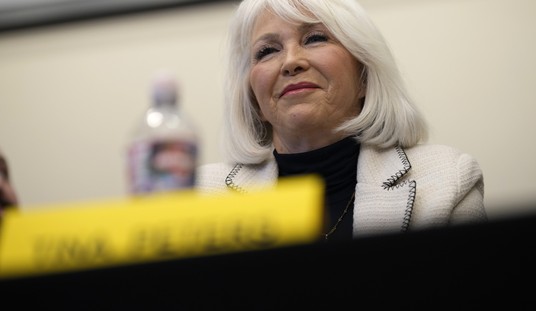
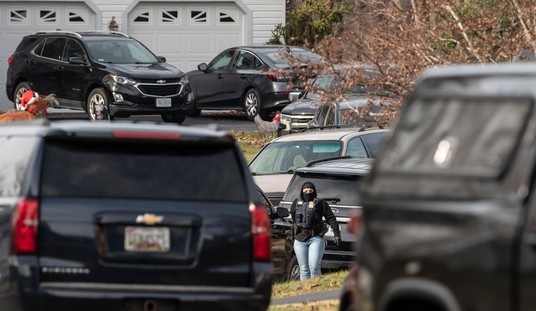
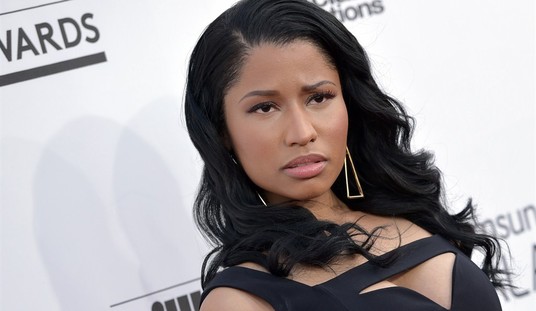
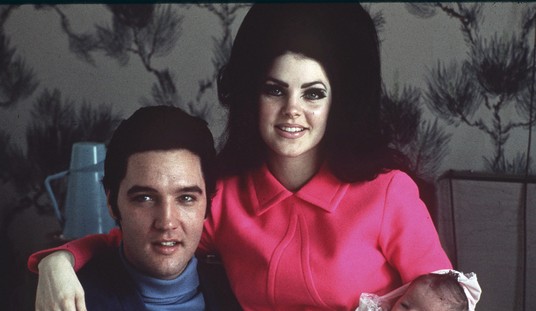
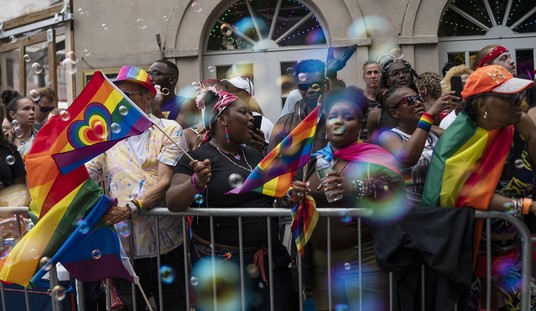



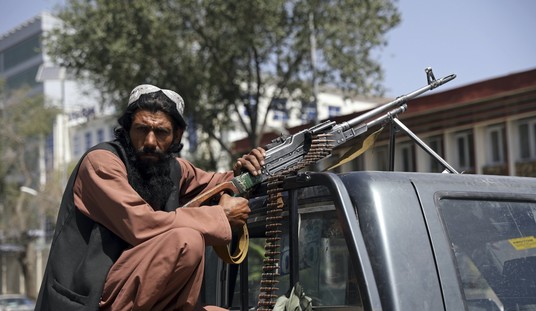

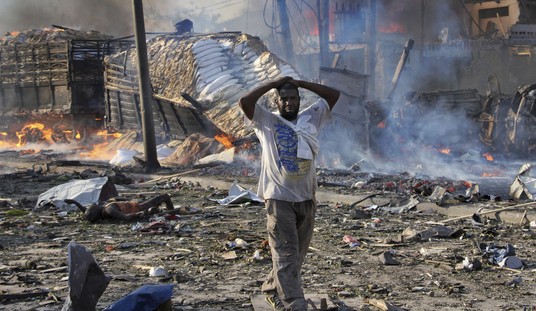
Join the conversation as a VIP Member